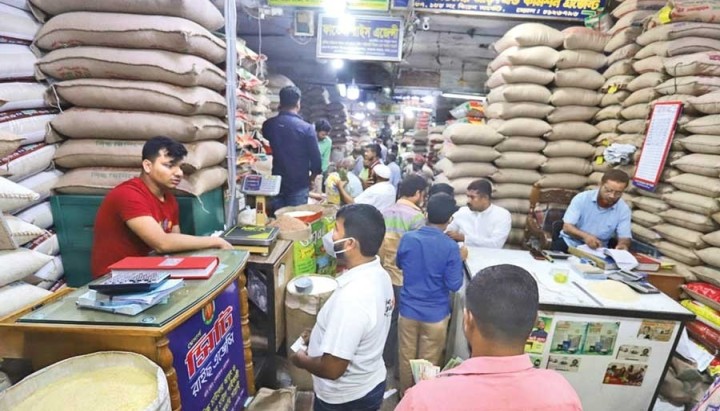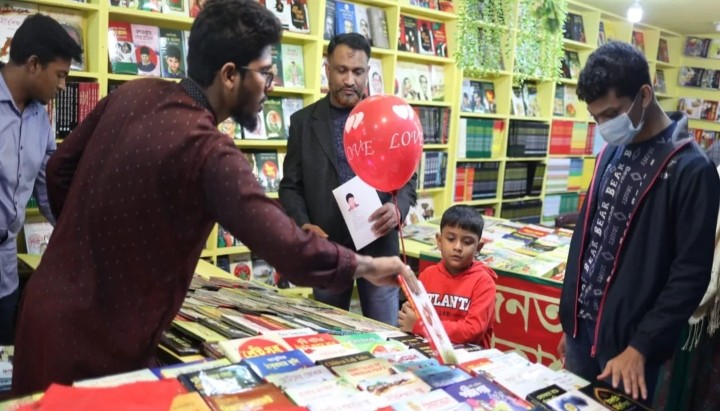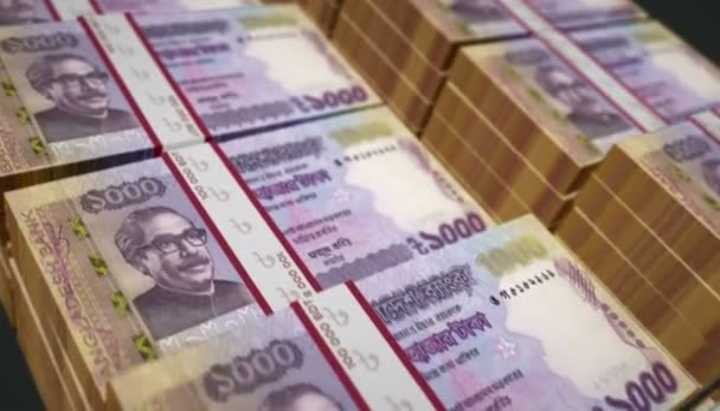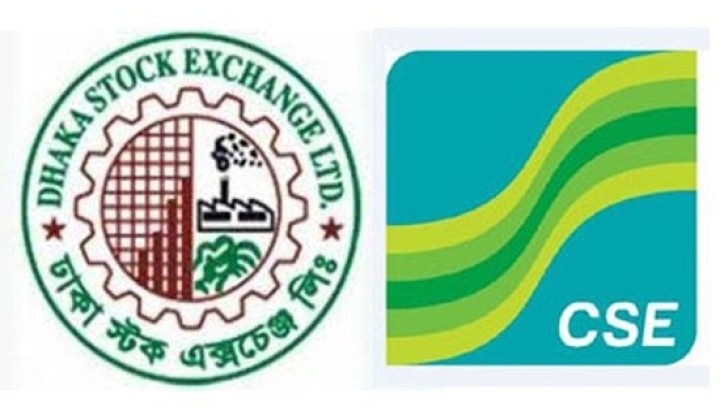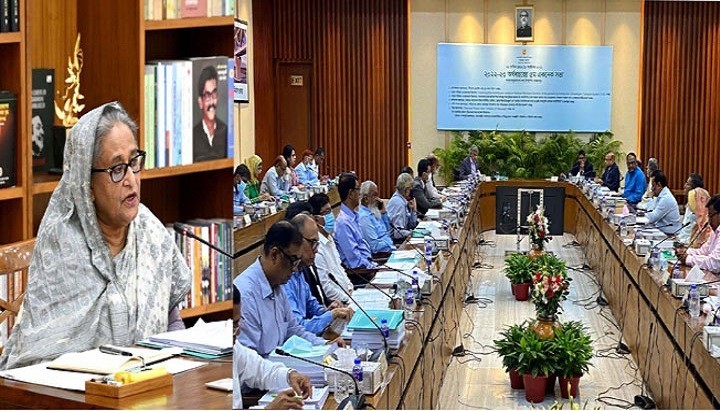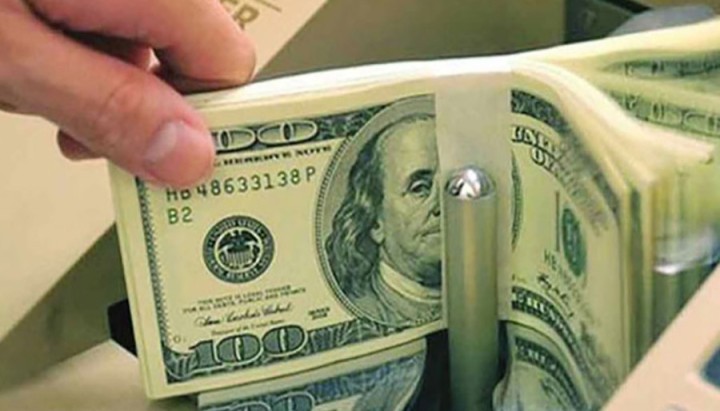Bangladesh's
food storage has surpassed 20 lakh tons, with warehouses brimming with rice and
wheat. Despite this, food prices continue to rise.
Market
analysts and officials from the Food Ministry are baffled as to why food prices
are so high in the domestic market.
According
to the Ministry of Food's daily food grain situation report, the country's
total food grain supply on February 9, 2022 was 20.02 lakh tons. Rice accounted
for 16.94 lakh tons, wheat for 2.77 lakh tons, and paddy for 49,000 tons.
Whereas
the secure food stock level for the country is 10 lakh tons, the stock of food
grains crossed 20 lakh tons.
Past data
shows that there has never been such an official stockpile of rice earlier. At
this time last year, the amount of food grains stored in the government
warehouses was 7.21 lakh tons. Of this, the stock of rice was 5.37 lakh tons,
which was the lowest in a decade.
Citing
"current stock is satisfactory", the report said that aman paddy,
rice and wheat procurement activities were being conducted from domestic
sources and stocks of food grains were recorded due to import of rice from
abroad.
Despite
good yields of aman and record production of paddy in the last boro season,
several markets in the capital were visited recently which showed that the
price of rice (old) is rising.
According
to the trading corporation of Bangladesh (TCB) coarse rice was sold at Tk 46 to
48 per kg in the capital's markets on Wednesday, February 17. It showed
that prices have risen by 4.35 percent in one year. A fine variety of rice
(Miniket-Nazirshail) has been sold at Tk 60 to 67 per kg. In a year it has
increased by 7.6 percent.
Dr.
Mosammat Nazmanara Khanum, Secretary to the Ministry of Food, told UNB in this
regard "The ministry has already set up buffer stocks of food grains in
government warehouses to deal with any situation during the Covid-19 pandemic
period."
Currently
the country’s food grain stock is more than 20 lakh tons. This buffer will help
keep the market situation normal in the country, she said.
"In
addition to this, we have also strengthened OMS activities to keep the prices
affordable at the market level. The purpose is to ensure that the low-income
people of the country can buy rice or flour at a lower price,” Dr. Nazmanara
said.
People of
almost all classes and professions are under pressure due to rising commodity
prices in this pandemic period. Despite bumper paddy production in the Amon
season, price hike of food grains is a matter of surprise and it does not match
with market analyzing theories.
Golam
Rahman, president of the Consumers Association of Bangladesh (CAB), an
organization working for consumers’ rights, opined that increasing the coverage
of OMS for working and low-income people will help them to get rice at a fair
price.
He also
said that buffer food stock in the country will give relief to the consumers as
markets would refrain from a drastic rise in the rice price.
"If
the rice and wheat provided in the open market sales (OMS) will be intensified,
the prices of other essential goods will be under control in the market and
then the consumers will get the benefits," Golam Rahman said.
"In
order to keep the market situation normal, government warehouses need to have
at least 10 lakh tons of rice considered as security stock," he said.
It is
better to have extra. With the current stock of food grains, it is possible to
control the price of rice and flour / wheat in the country as well as deal with
any crisis, CAB president said.
M
Asaduzzaman, a former research director at the Bangladesh Institute of
Development Studies (BIDS), and an agro-economist, told UNB, "Food stocks
have increased, it's good. But we need to find out why prices are rising.”
In this
case, if someone has manipulated or increased the price by forming a syndicate,
the government should take action against them, he said.
Bumper
food grains production in the country and record 20 lakh tons stock of food
would indicate there is no reason for the food grains price to go up in
the domestic markets and the current price of rice is not acceptable,
Asaduzzaman said.
"A
large number of people in the country are at risk of food insecurity after
losing their jobs due to the shock of the pandemic," he said.
According
to Abdur Rashid, the president of the Bangladesh Auto Rice and Husking Mill
Owners Association (a group of rice mill owners), mill owners are not to blame
for rising rice prices.
"We
acquire paddy and make rice; millers (rice mill owners) are not involved in any
way in boosting rice prices, and such an allegation is without merit," he
stated.


